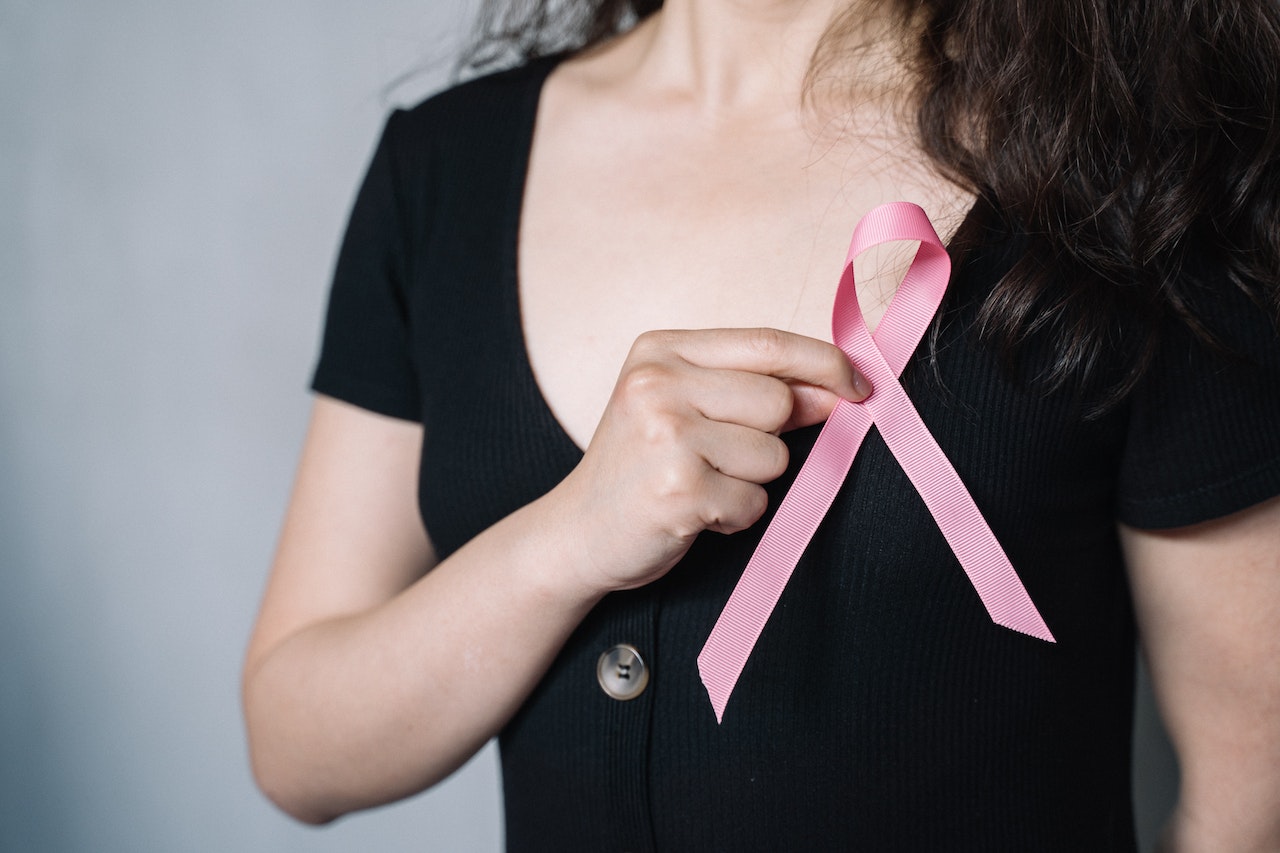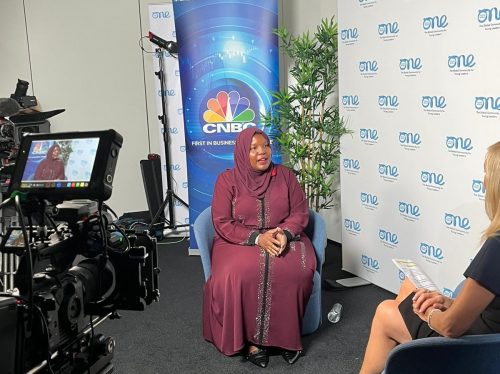Always stay one step ahead of breast cancer

Breast cancer is a significant health concern for women worldwide. While there are no foolproof methods to prevent breast cancer, there are several steps women can take to reduce their risk and protect their health. Here are some important strategies:
- Regular self-examinations: Women should perform monthly breast self-examinations to become familiar with the normal look and feel of their breasts. This practice helps in detecting any changes or abnormalities promptly. If any unusual lumps, thickening, or changes are noticed, it is crucial to consult a healthcare professional.
- Clinical breast examinations: Women should schedule regular clinical breast examinations by a healthcare professional. These exams help detect any potential signs or symptoms of breast cancer and allow for early intervention if necessary. The frequency of these examinations may vary depending on individual risk factors and recommendations from healthcare providers.
- Mammograms: Mammograms are X-ray screenings used to detect breast cancer in its early stages. Women should discuss with their healthcare provider about when to start getting mammograms and how often to receive them. Generally, mammograms are recommended for women aged 40 and older, although recommendations may differ based on individual risk factors.
- Lifestyle choices: Adopting a healthy lifestyle can contribute to overall well-being and potentially reduce the risk of breast cancer. This includes maintaining a balanced diet rich in fruits, vegetables, whole grains, and lean proteins, while limiting the consumption of processed foods, sugary drinks, and excessive alcohol. Regular physical activity, such as walking, jogging, or any preferred form of exercise, is also beneficial.
- Weight management: Maintaining a healthy weight is important, as obesity and being overweight have been linked to an increased risk of breast cancer, especially after menopause. Engaging in regular physical activity and making nutritious food choices can help manage weight effectively.
- Limiting hormone therapy and birth control: Some hormone therapies and certain types of hormonal birth control methods have been associated with a higher risk of breast cancer. It’s important to discuss the potential risks and benefits of such treatments with healthcare providers to make informed decisions.
- Breastfeeding: Research suggests that breastfeeding may have a protective effect against breast cancer. Women who are able and choose to breastfeed their infants are encouraged to do so, as it offers numerous benefits for both mother and child.
- Know your family history: Women with a family history of breast cancer or specific genetic mutations (such as BRCA1 and BRCA2) may have a higher risk. It is important to be aware of one’s family history and discuss it with a healthcare professional. They can help assess individual risk and recommend appropriate screening or preventive measures if necessary.
Remember, while these strategies may help reduce the risk of breast cancer, they do not guarantee prevention. Regular screenings, early detection, and prompt medical attention remain crucial for identifying and treating breast cancer at its earliest stages. It is always advisable to consult with healthcare professionals for personalised advice based on individual circumstances and risk factors.


















